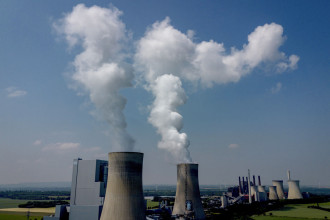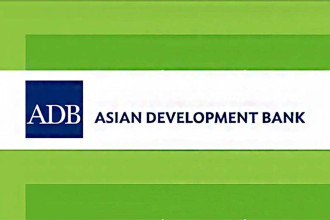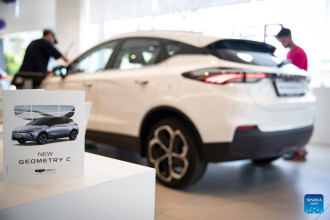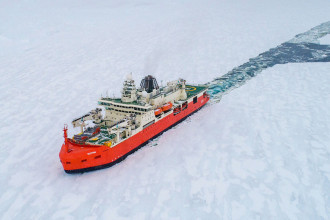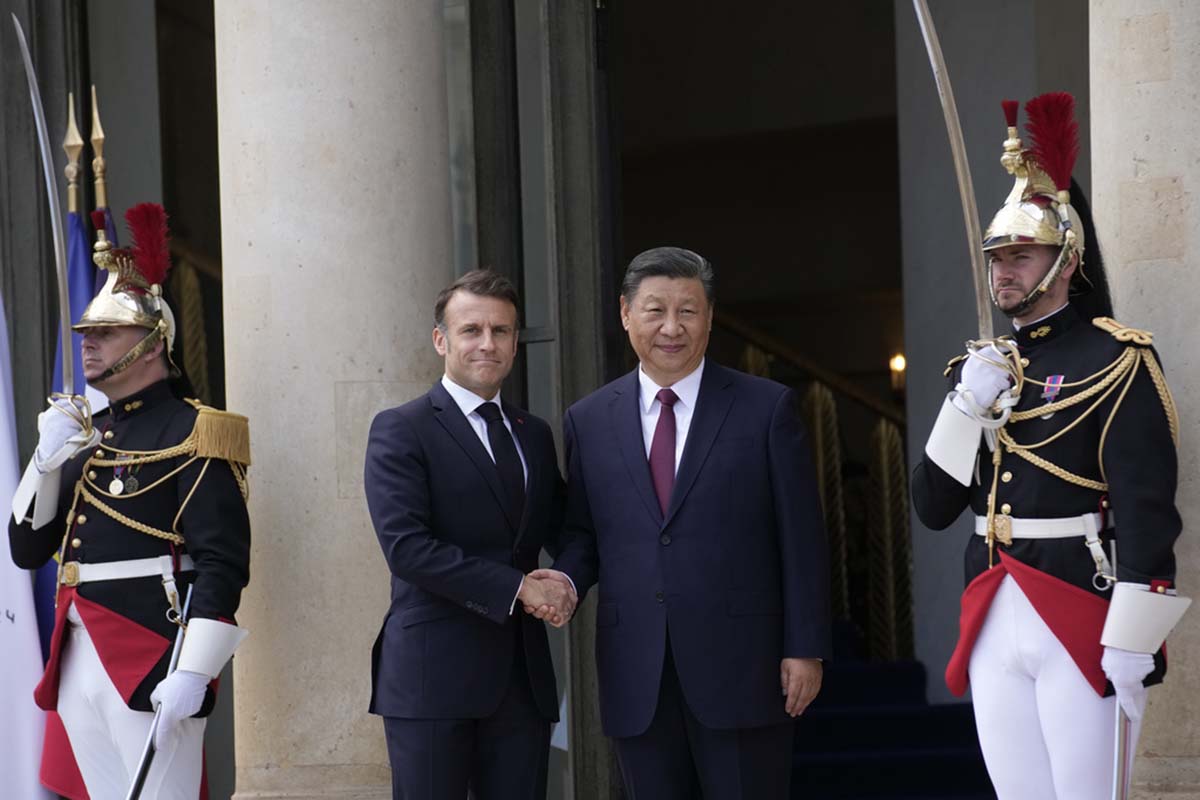
PARIS: French President Emmanuel Macron called leaders from key European Union nations and the United Kingdom to his ornate Élysée Palace on Monday for an emergency meeting on how to deal with the US, a once rock-solid partner.
The move follows a week-long diplomatic blitz on Ukraine by the Trump administration that appeared to embrace the Kremlin while cold-shouldering many of its longstanding European allies.
Despite belligerent warnings for months ahead of Donald Trump's re-election as US president, EU leaders publicly ignored the ominous forebodings and somehow hoped Trump would stand side by side with Europe, as it would finally start to act on strengthening its defences and become less reliant on the firepower of Washington.
However, a flurry of speeches by Vice President JD Vance and Defence Secretary Pete Hegseth during their initial visits to Europe last week questioned both Europe’s security commitments and its fundamental democratic principles. Macron said their stinging rebukes and threats of non-cooperation in the face of military danger felt like a shock to the system.
The tipping point came when Trump decided to upend years of US policy by holding talks with Russian President Vladimir Putin in hopes of ending the Russia-Ukraine war. Then, Trump’s special envoy for Ukraine and Russia on Saturday all but ruled out the inclusion of other Europeans in any Ukraine peace talks.
Annalena Baerbock, Germany’s foreign minister, called the week “an existential moment. It’s a moment where Europe has to stand up.” It is where Macron hopes to step in with Monday’s meeting. Even if Jean-Noël Barrot, Macron’s foreign minister, sought to play down the significance of the emergency gathering of Europe’s main leaders, the weekend scramble to set up the meeting underscored something much more fundamental.
Ever since World War II, the United States and Western European nations have essentially walked in lockstep as they confronted the Soviet Union during the Cold War right up to the increasingly aggressive actions of contemporary Russia close to its borders. Even if there had long been US complaints about the reluctance of many European NATO nations to step up their defence efforts, they never rose to the political surface as they have over the past days.
On Monday, Macron will have afternoon talks with the leaders of Germany, the United Kingdom, Italy, Poland, Spain, the Netherlands, Denmark, and the European Union on how to deal with Europe's security quandary. NATO Secretary-General Mark Rutte will also attend.
French officials said no firm decisions are expected to emerge beyond a show of unity among European leaders.
“There is a wind of unity blowing over Europe, as we perhaps have not felt since the COVID period,” said Barrot, referring to the pandemic in 2020 when the 27 EU nations had to stand side by side to stave off a health catastrophe.
European nations are bent on boosting Ukraine where they can, and EU nations see eye to eye when it comes to increasing defence spending. However, even if there is a general consensus to move beyond the goal of spending 2% of gross domestic product on defence, it is hardly clear how to reach 3%.
By RSS/AFP
Some EU nations are insisting on an agreement on joint borrowing for massive defence projects, while others insist it is the task of the nations that lag in spending to first reach the 2% threshold. That issue is also set to be discussed at the meeting.



